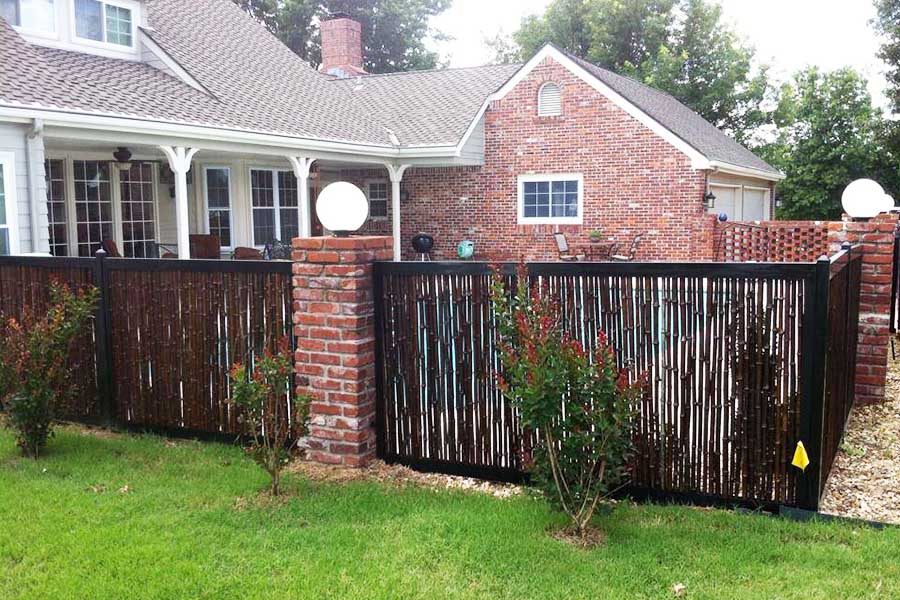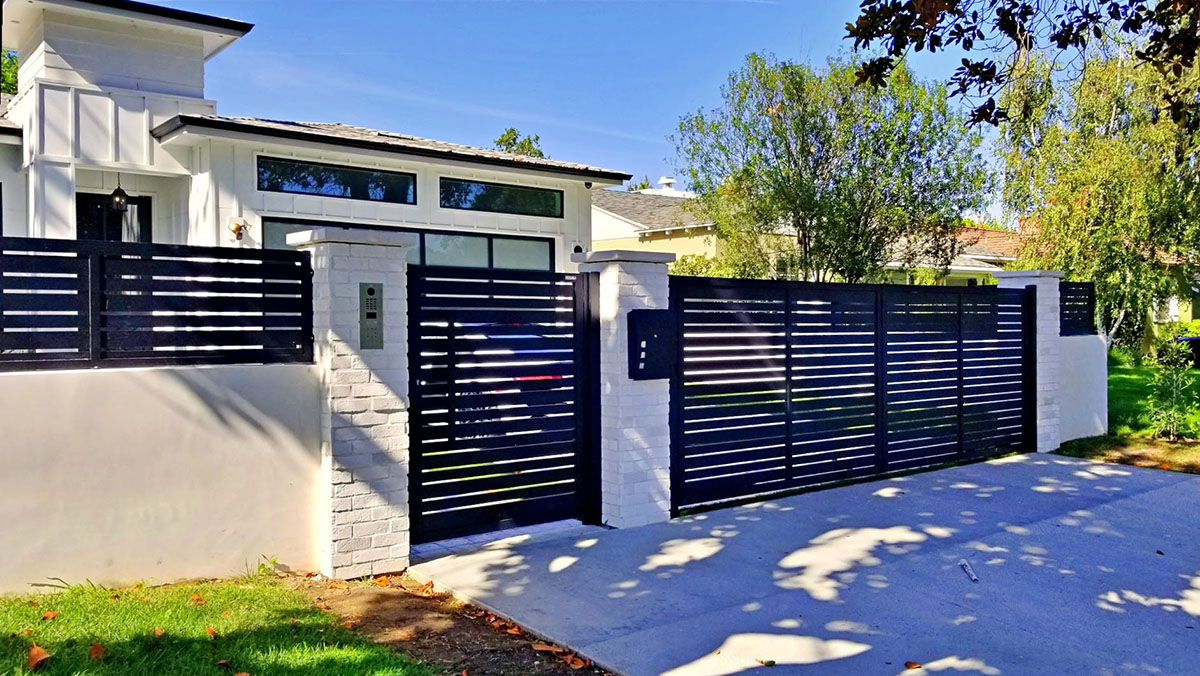All Categories
Featured

When intending a new fence for your residential property, it's simple to focus on the standard costs-- products, installment, and labor. Right here's an overview to some of the most common concealed costs to consider when budgeting for your secure fencing project.
- Allow Fees and Lawful Demands. Before you start digging, it is essential to inspect if your location requires a permit to mount a fencing. Lots of communities have zoning legislations that control fencing placement, height, and product, particularly if you're building near a residential property line or in an area with a Home owners' Association (HOA) These regulations make sure the fence satisfies neighborhood criteria, but they likewise include linked expenses.
Expense variety: $50 to $500, relying on your location and the complexity of your job. 2. Fence Elimination and Disposal. , if you're replacing an existing fencing, removal and disposal of the old structure is an extra cost that can easily be overlooked.. Fencing removal generally involves dismantling the old fence, transporting away the products, and disposing of them effectively. Disposal costs can differ, particularly if the old products require special delivery, such as cured timber or metal.

Cost variety: $2 to $10 per linear foot for removal and disposal, depending upon the materials. 3. Land Prep Work and Excavation. If the land where your fencing is being installed is uneven, rocky, or covered in greenery, it might need to be removed or leveled. Grading or excavation expenses can add to your total job expenses, especially if you're mounting articles in hard-to-dig soil.
Cost array: $300 to $2,000, depending upon the website's condition. 4. Energy Line Identification and Adjustments. Prior to excavating, it's crucial to make certain that no underground utilities, like water, gas, or electrical lines, will be disturbed during the installation. Many contractors will certainly speak to energy business to note these lines, however there might be additional expenses if adjustments are required to stay clear of harmful existing facilities.
Expense range: $100 to $500, depending on whether modifications are required. 5. Custom Characteristics and Upgrades. While your basic fence may contain common materials, you could want to include custom attributes like gates, ornamental panels, or incorporated illumination. Automatic gateways or safety and security systems are particularly costly and call for expert installment. Adding these additionals increases the complete cost of your fence, so ensure to factor them into your budget.

Cost variety: $100 to $1,500+ for features or gateways, relying on size and complexity. 6. Delivery and Transport Expenses. Depending on where your materials are sourced, you might be charged a different delivery charge for moving the fence products to your home. This is particularly usual with hefty or huge orders, such as wood panels or steel fencing. Delivery costs can additionally differ based upon the distance in between the distributor and your location.
Cost array: $50 to $300 for distribution, relying on range and the quantity of materials. 7. Upkeep Prices Over Time. Lots of kinds of fencings, particularly timber fences, require continuous maintenance to stay in good problem. Regular jobs like staining, sealing, and cleansing will help lengthen the life of your fence. Some products, such as vinyl or steel, might be a lot more low-maintenance but can still incur costs for fixings or substitutes if damaged.
Yearly cost range: $50 to $300 for upkeep, relying on material and climate. 8. Weather condition Delays. Nature doesn't always comply with your timeline. If your installation is postponed by bad climate, such as rainfall or severe warm, you might encounter extra labor prices if employees require to return to complete the task at a later time. Delays can additionally expand the job timeline, pressing back when the fence is all set for usage.
Price range: Variable, relying on exactly how long the hold-up lasts. 9. Residential Or Commercial Property Line Disputes. Installing a fencing near to your residential or commercial property line can occasionally lead to conflicts with neighbors. If your border is uncertain, it may be needed to work with a professional surveyor to validate the property line prior to setup. This additional step guarantees you won't accidentally intrude on your neighbor's land, yet it comes with added prices.
Price range: $400 to $1,000 for a building study, depending on your area. 10. Dirt and Ground Conditions. Certain soil kinds can offer challenges during installation. If your home has rocky, compressed, or clay-based dirt, digging holes for blog posts can be a lot a lot more difficult, calling for specific equipment or more time to complete. Harder ground conditions might likewise require making use of various other or concrete reinforcing materials for included stability.
Cost range: $100 to $500 for devices or additional labor. Final thought. Authorizations, website prep work, old fencing elimination, energy adjustments, and custom-made features can all add up. By accounting for these concealed costs, you can make sure that your fence project stays within budget and is finished without unforeseen economic surprises.
Latest Posts
Discover Budget-Friendly Auto Repairs with Montclare’s Exclusive Service Specials
Published May 30, 25
1 min read
Learn About Brake Repair & More: Comprehensive Auto Care Solutions from Montclare Auto Repair
Published May 22, 25
1 min read
Why Routine Vehicle Maintenance at Montclare Auto Repair Saves You Money
Published May 22, 25
1 min read
More
Latest Posts
Discover Budget-Friendly Auto Repairs with Montclare’s Exclusive Service Specials
Published May 30, 25
1 min read
Learn About Brake Repair & More: Comprehensive Auto Care Solutions from Montclare Auto Repair
Published May 22, 25
1 min read
Why Routine Vehicle Maintenance at Montclare Auto Repair Saves You Money
Published May 22, 25
1 min read